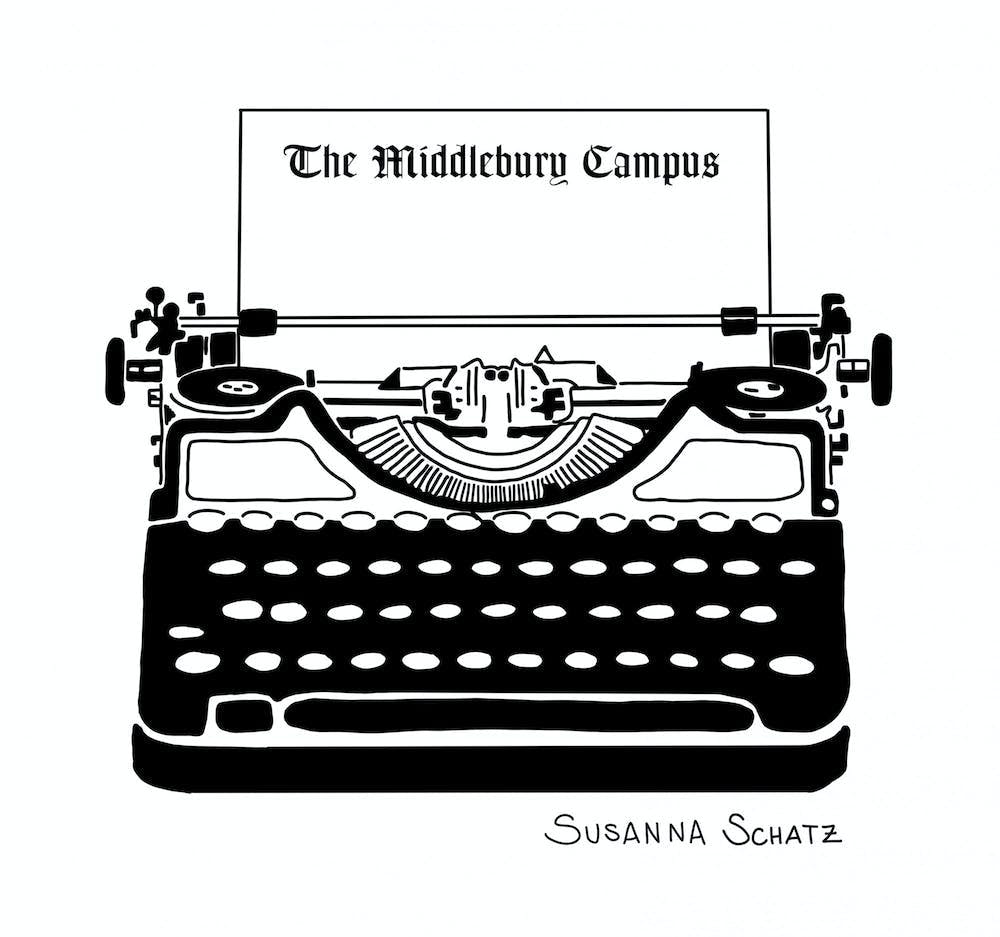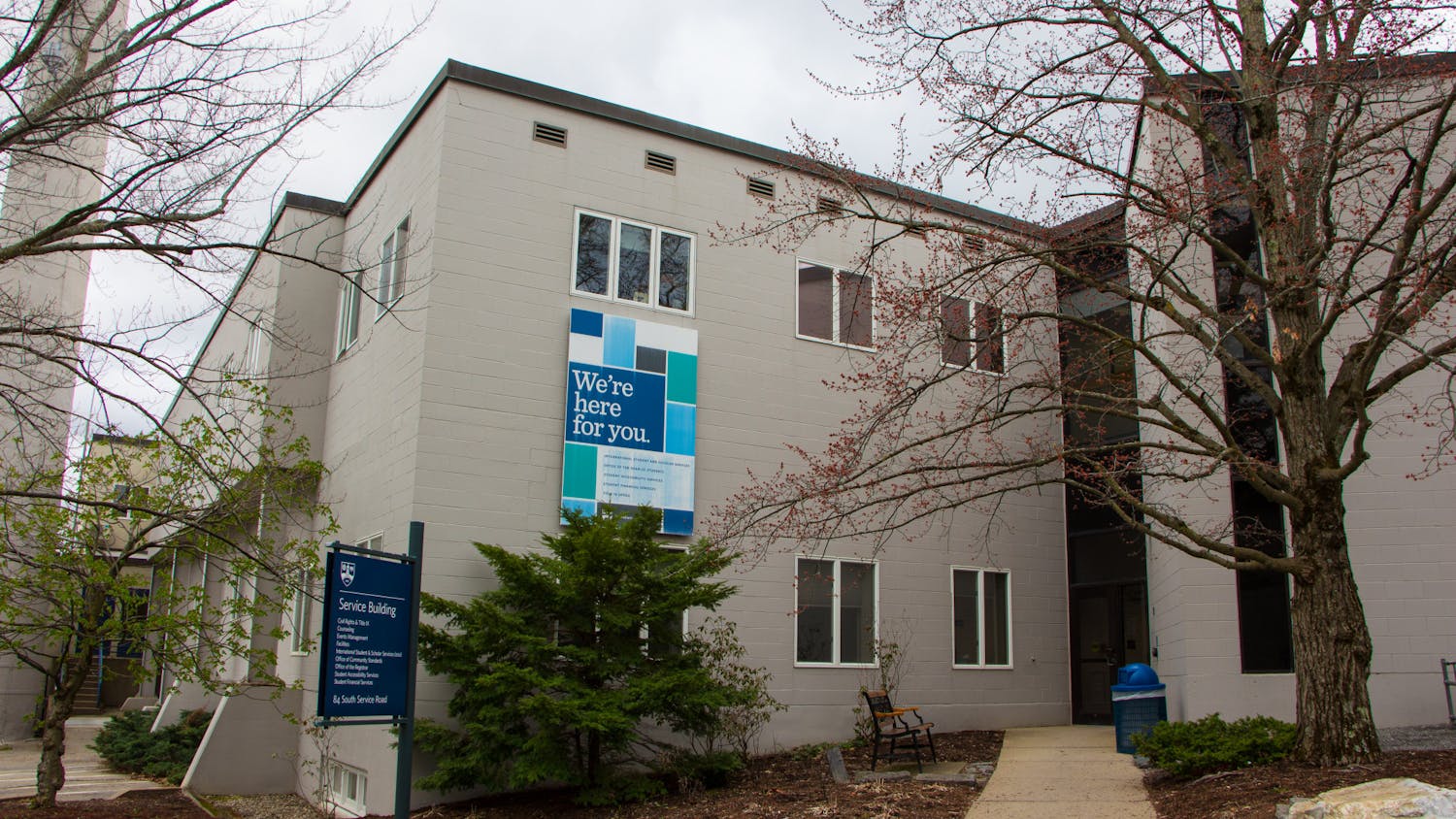Most current Middlebury students are familiar with a college that is understaffed. In addition to some academic departments being low on faculty, Facilities Services, Custodial Services and Dining Services have battled persistent understaffing since 2020. The degree of this staff shortage has fluctuated over the past few years, in part due to large-scale forces such as the pandemic and the state of the national economy. However, local factors like Middlebury’s remote location, the lack of affordable housing in Addison County, non-competitive wages and the new skill matrix and disrespectful student behavior have likewise continually threatened the size of the college’s workforce. These past couple of weeks have brought new urgency to the understaffing issue as dining operations, including the Grille, Crossroads and MiddXpress, Davis Family Library, and the International Student and Scholar Services (ISSS) office have had to reduce their hours or the availability of certain services, leading to frustration among the student body.
The severity of the understaffing crisis and the negative student responses are reflected in last week’s Student Government Association presidential campaigns: Candidates made altering the dining hours a central part of their platforms. Many students are especially displeased with the scaling back of Grille and MiddXpress hours, which have been remarkably inconsistent over the past few weeks. This past weekend, students had no dining options after the dining halls closed at 8:30 p.m. Students have become accustomed to relying on MiddXpress and the Grille for food on weekend nights, and we are concerned that without on-campus snack options, students may choose to drive under the influence to purchase food in town at places like McDonalds or local gas stations.
Unfavorable student behavior may partly explain the staffing shortage within Dining Services and Custodial Services. Unfortunately, the night shift at the Grille sometimes means serving intoxicated students, who can be difficult to serve and are at times disrespectful of the space and staff. Additionally, vandalism and the destruction of campus spaces continue to be rampant this spring, necessitating that custodial staff repair broken windows, pick up littered beer cans and shattered liquor bottles from sidewalks, return dirty dishes to the dining halls and take apart sculptures constructed from patio furniture in the late-night hours. Beyond this behavior that can make Middlebury an unpleasant place to work, students display entitlement and a lack of interest in the well-being of staff members when they conduct themselves in this way. When staff members are already considering leaving due to other factors, poor student behavior may be their last straw.
While dining has been routinely understaffed since the pandemic, the library and ISSS office understaffing are newer developments. After four librarians left their positions, students have struggled with reduced research desk hours, and the library has had to delay its collections development review process. Vacancies in the ISSS office are disrupting the collection of paperwork necessary for international students to obtain U.S. Visas and apply for off-campus employment. The staff who remain are doing their best to continue to serve the needs of students, but they shouldn’t have to work harder and longer hours than they signed up for.
The lack of affordable housing in Addison County has also intensified the staffing crisis. Many staff members cannot afford to live in Addison County and thus have more expensive and time-consuming commutes. The administration should better support workers in their search for affordable housing and childcare through stipends, especially while the Summit Properties development is still in progress.
The implementation of the skill matrix last fall has led to some staff feeling undervalued, similarly accelerating the staffing shortage — particularly in Davis Family Library — this spring. Under the skill matrix system, some staff members have effectively received a pay cut even when they work harder and longer than their job description outlines. At Middlebury, longevity and commitment to the institution is no longer rewarded with higher pay. The raise that this change afforded lower-paid staff members is a vital, positive step, but it cannot heal a college culture unwilling to support its employees in the long-term. What is more, many businesses in town offer higher wages than the college. Middlebury must offer its staff higher, more competitive wages that take time spent working for the college into account if it wants to fix the seemingly perpetual and worsening understaffing problem.
The staffing shortage cannot go on. To the extent that students can make a difference, we must take responsibility for the way our behavior and the behavior of our peers shapes staff experiences. It is disconcerting to think what would happen if the situation got worse — the closure of one of the three dining halls, the closure of the research desk or increased difficulty getting the necessary documents for employment. While there are many positive student-staff relationships, on the whole, the college does not always make Middlebury an appealing place to work, and student behavior contributes to that. From broken glass after weekend parties to blatant disrespect at late-night dining options, some students show a persistent unwillingness to consider the human beings who end up dealing with these choices. Drunkenness is not an excuse. Even saying “hi” to staff members or asking “how are you?” in the halls and dining lines is a small gesture of respect that may not solve the understaffing challenges at the college, but will contribute to a more positive culture of respect for staff. More importantly, students need to speak up when they see their peers — even friends — engaging in disrespectful and destructive behavior. Solving the problem would require Middlebury to start paying staff competitive wages with opportunities for growth. But as students, we must do our part in recognizing that our behavior has a very real effect on the lives of staff members.




